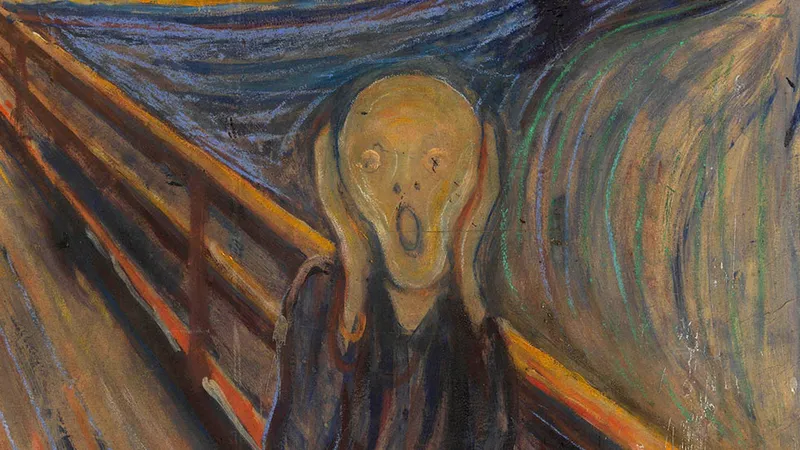From a stabbing rampage at Seoul’s Sillim Station in July to threats to bomb universities and government agencies, including KAIST, in August, South Korea has been seeing a sudden spike in terrorism in recent months. These incidents and threats have caused a great deal of shock to Korean citizens, shattering their once unwavering belief in the safety of their “terror-free” nation.

At first glance, these cases appear to be a series of unfortunate events that stemmed from the unstable mental state of the individual perpetrators. Most of these crimes are motiveless, with the reasons for committing them often being hard to understand and mostly having nothing to do with the victim. However, tackling individual causes one by one is not only impractical, but also misidentifies the root cause of violent crimes. Rather than psychological disorders of the individual, widespread societal injustices are more likely to be the underlying cause. Thus, it is more rational and efficient to implement measures that not only address individual criminal behavior but also target such societal injustices.
One glaring form of societal injustice is the unequal distribution of educational opportunities. The lack of educational access not only prevents one from acquiring technical skills sought after in society, but also holds back the opportunity to develop essential life skills such as problem-solving, conflict resolution, and critical thinking. Not having the opportunity to develop these crucial skill sets can lead to further disadvantages, such as losing job opportunities and having difficulty interacting with others. This can further hinder individuals’ ability to cope with challenges and conflicts, potentially leading them towards criminal activities. Fundamentally, educational inequality arises from the significant divide between the affluent and the less fortunate, which is an inherent byproduct of South Korea’s capitalistic economic structure.
The responsibility of rectifying the deeply rooted income inequality lies on the government’s shoulders, as stated in Article 9 of the South Korean Constitution which emphasizes principles of income redistribution. However, this poses a dilemma between the decision of either pursuing this course of action or prioritizing a growth-focused economic framework. If growth-efficient policies, which tend to favor the wealthy, continue to be adopted, we will never stop seeing the perpetuating cycle of the rich getting richer and the poor getting poorer.
Regional disparities are also evident. Affluent neighborhoods benefit from a higher police presence, while impoverished areas do not. Exposure to violence begets more violence. High crime rates in these impoverished neighborhoods are more likely to be a consequence of their environment, rather than solely by genetic or psychological factors that influence individual behavior. Moreover, South Korea’s unemployment crisis fosters a hyper-competitive environment which leads young adults entering society to experience negative emotions like hatred and depression.
Ultimately, it all comes down to examining our societal policies. However, the majority of our media outlets seem inclined to place the blame on individual failings, with sensational headlines like “Why Should I Suffer Alone?” It is crucial to acknowledge the media’s role in shaping public perception when addressing societal injustices. The continuous singling out of certain demographics or backgrounds as the reason for criminal behavior may reinforce or even introduce certain harmful stereotypes or biases to the general public. These negative perceptions can, in turn, shape policy decisions. For example, policies such as increased surveillance, harsher sentencing, or racial profiling may be implemented, which, in themselves, exacerbate societal injustices.
That being said, it is crucial not to mistake individual deviations as the sole cause of a complex issue, as they are often the result of societal injustices rather than being the root causes themselves. In the matter of the recent events in South Korea, it is worth considering that the perpetrators could also be victims of a system rife with inequality. Regardless, it should not excuse their crimes, and they should still be held accountable. However, what if society had functioned differently, working to address the circumstances that contributed to individuals committing crimes?
By fixating on outcomes, we do not ponder preventive measures and restrict ourselves to punitive ones, which can only be used when the damage has already been done. Instead, our efforts should be directed towards addressing the root causes: societal injustices that drive individuals to such extremes.
I am not claiming to have the solutions to resolve these societal injustices, nor do I possess the wisdom to find them. The aim, however, is to redirect the focus away from the incomplete analyses of causes that have been receiving undue attention in the aftermath of recent events. I hope that this column serves as a catalyst for those with wiser minds to reflect more deeply on these incidents and contemplate real solutions to the underlying problems.

